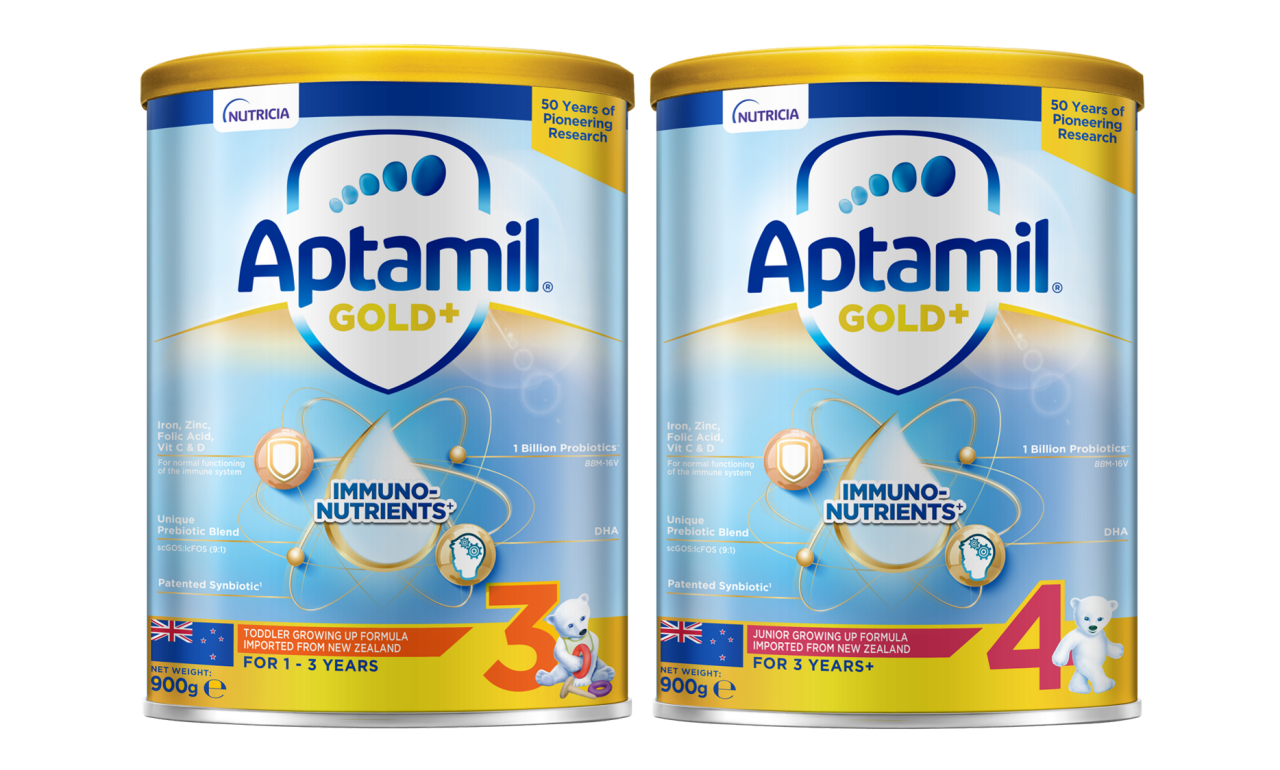Breastmilk is the best for babies. The World Health Organisation recommends exclusive breastfeeding for the first six months of life. Unnecessary introduction of bottle feeding or other food and drinks will have a negative impact on breastfeeding. After six months of age, infants should receive age-appropriate foods while breastfeeding continues for up to two years of age or beyond. Consult your doctor before deciding to use infant formula or if you have difficulty breastfeeding.
How To Say "No" to Your Little One
Knowing how and when to say "no" to your little one can yield great benefits that can help your child develop positive and healthy attitudes towards negative circumstances. It can teach them how to cope with disappointment, handle frustration and delay gratification, key aspects that can help them mature and become better adjusted in the world.
However, saying this magic word to your child isn't as easy as it sounds. That's because as parents, we would rather see our children with sunny smiles on their faces, and telling them that they can't have what they want would usually end in a frown, tears or worse yet, a tantrum. In addition to that, if we use "no" improperly we run the risk of causing some long-term damage to their self-esteem as well as their behavioural development.
With this in mind, let's take a look at how to use this magic word to help our tots become more mature and well-adjusted.
1. Once is more than enough
Be firm in delivering the word "no," so that you wouldn't need to repeat yourself. Do not relent to your toddler's wishes, because once they figure out that they can easily turn a "no" into a "yes" they will try to manipulate you incessantly.
2. Communicate the reasons
It is not always enough to just say "no" sometimes you must communicate the reason, the better your little ones understand why the less likely they are to repeat the misbehaviour.
3. "Yes" sometimes means "No"
If we say "no" too many times to our little one it can potentially cause resentment as well as harm their language development. Instead, try to find a way to say no without saying the word. For example, if a child asks for sweets during dinner time, tell them: "Yes, after you have eaten your dinner." This way, your child can still get what they want, but in your terms. It also gives them the opportunity to learn how to compromise. It is important to note, however, that if you fail to uphold your implied promise your child may start having trust issues.
4. Do not shout
Persistent requests should be met with calm, friendly conversation. Shouting can cause behavioural problems and emotional development issues, that's why it is important to learn to communicate with your child in this manner. If your child continues to push for his requests try to engage him in conversation or play with him to change the object of his attention and refocus it into something positive.
5. Offer an alternative
Giving your children alternatives can help empower your child by giving them the right to choose but it can also convince them that you are not declining their request. For example, if your little one asks for sweets give them alternatives such as healthy snacks that they can choose from.
6. Be consistent with your partner
Communicate with your partner and make sure that you do not contradict each other when you want to say "no" to your child's request. This can prevent creating a manipulative habit in your child as well as lessen the chance of conflict.
Saying "no" may be a difficult task, but it is an important one that all parents need to learn to do properly. So, keep these tips in mind the next time your toddler asks for an unreasonable request, and just say, no.
References:
https://childdevelopmentinfo.com/parenting/9-tips-on-saying-no-to-your-childhttp://www.themotherco.com/2015/01/how-to-say-no-to-your-kids-and-why-theyll-thank-you-later
Join our AptaAdvantage Club today to enjoy:
- Educational content to support you on your motherhood journey
- Various complimentary classes and exclusive discounts with our key enrichment partners
Kickstart your AptaAdvantage experience by signing up HERE.

Connect with our team of experts
We provide advice and support for you on your parenthood journey




